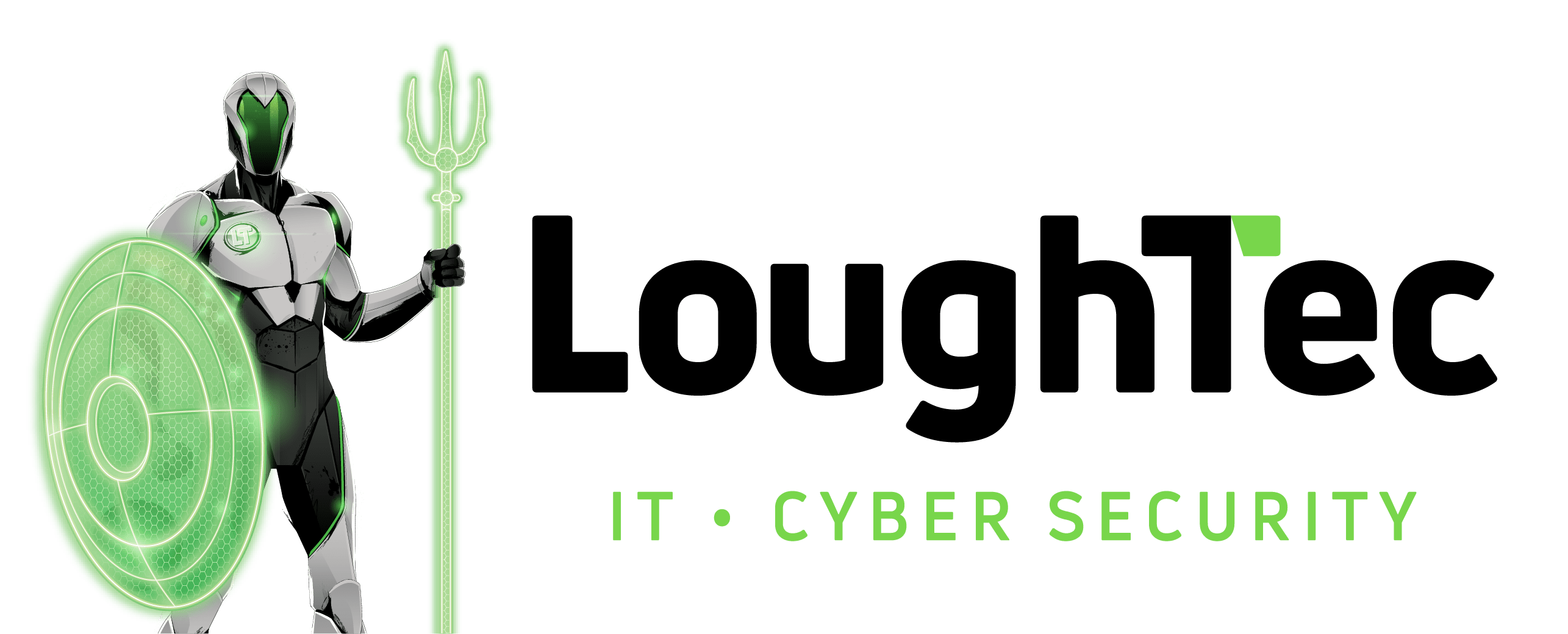Who Created the Dark Web?

15 Oct 2025
Who was it that created the Dark Web?
Whilst most normal people will never ever use the dark web, it has become a land of paradise and breeding ground for crime for the various cybercriminals across the world, from acquiring ransomware tools and uploading stolen information like financial or personal data as well as login or password credentials etc.
What Is the Dark Web?
The dark web is one of the most mysterious and misunderstood parts of the internet. Often associated with illegal activity, cybercrime, and anonymity, it’s no surprise that people ask: “Who created the dark web?”
In this in-depth guide, we’ll explore the origins of the dark web, separate fact from fiction and show how this hidden network evolved and who really built it.
The Difference Between the Deep Web and the Dark Web
Before diving into who created the dark web, it’s essential to clarify what it actually is.
- Deep Web: The part of the internet not indexed by search engines. This includes private databases, email inboxes, bank accounts, and intranets.
- Dark Web: A subsection of the deep web that requires specific software (e.g., Tor Browser) to access. It is intentionally hidden and anonymised.
The dark web is not inherently illegal, but its anonymity makes it a hotbed for cybercriminal activity.
So, Who Created the Dark Web?
The dark web wasn’t created by hackers or criminals, as many assume. Instead, it originated from the U.S. government, specifically:
The U.S. Naval Research Laboratory (NRL)
In the mid-1990s, researchers at the NRL began developing a network to:
- Allow anonymous communication over the internet
- Enable government and military agencies to operate securely
- Promote free speech in oppressive regimes
This laid the groundwork for onion routing, the core technology behind the dark web.
The Birth of Tor: The Foundation of the Dark Web
In 2002, the Tor Project (The Onion Router) was launched as an open-source project with funding from:
- The U.S. Department of Defence
- The Electronic Frontier Foundation (EFF)
- Civil liberties organisations
How Tor Works:
- Data is encrypted and routed through multiple servers (nodes) across the globe.
- Each node peels off one layer of encryption — like an onion — ensuring the origin and destination remain anonymous.
- Users access websites with .onion domain names via the Tor Browser.
This network of encrypted, anonymous communication is what we now call the dark web.
Myths About Who Created the Dark Web
|
Myth |
Reality |
|---|---|
|
The dark web was created by hackers |
❌ False – It was developed by government researchers |
|
It's illegal |
❌ False – The technology itself is legal and can be used for good |
|
Tor is run by criminals |
❌ False – It’s maintained by privacy advocates and developers worldwide |
| Tor is safe to use for anyone |
❌ False – The technology itself is legal and can be used for good but you could end up accidentally on illegal content for example |
Why Was the Dark Web Made Public?
Originally developed for military and government use, the creators realised that keeping Tor private would make government traffic easier to identify.
By making the network public, traffic from intelligence agencies could blend in with regular users, journalists, whistleblowers and citizens seeking privacy.
The Dual-Use Dilemma: Good vs Evil
Positive Uses of the Dark Web:
- Circumventing censorship in countries like Iran, China, or Russia
- Enabling whistleblowers (e.g., Edward Snowden) to communicate safely
- Hosting secure communications for journalists and human rights groups
Negative Uses:
- Darknet marketplaces (e.g., Silk Road)
- Weapons, drugs, and counterfeit documents
- Cybercrime-as-a-service (RATs, botnets, DDoS-for-hire, Ransomware-as-a-service)
The dark web is a neutral technology. Its ethical value depends on who uses it and how.
Who Really Created the Dark Web?
The dark web was not born in the shadows of cybercrime but rather in the bright halls of government-funded research aimed at ensuring privacy, anonymity and freedom of information.
While today’s dark web is used for both legitimate and illicit purposes, its creation stemmed from the fundamental need for secure, anonymous communication, a need that is more relevant than ever in 2025.
If you don’t need to use it, you are much better off simply not accessing it.
How LoughTec Can Help
LoughTec are cyber security experts, if you want to find out more on how LoughTec can help protect your business in many ways including dark web monitoring for your domain and credential breaches, see some further recommended information and options below.
You can also see more about us in our case studies and testimonials sections.
Back Top






